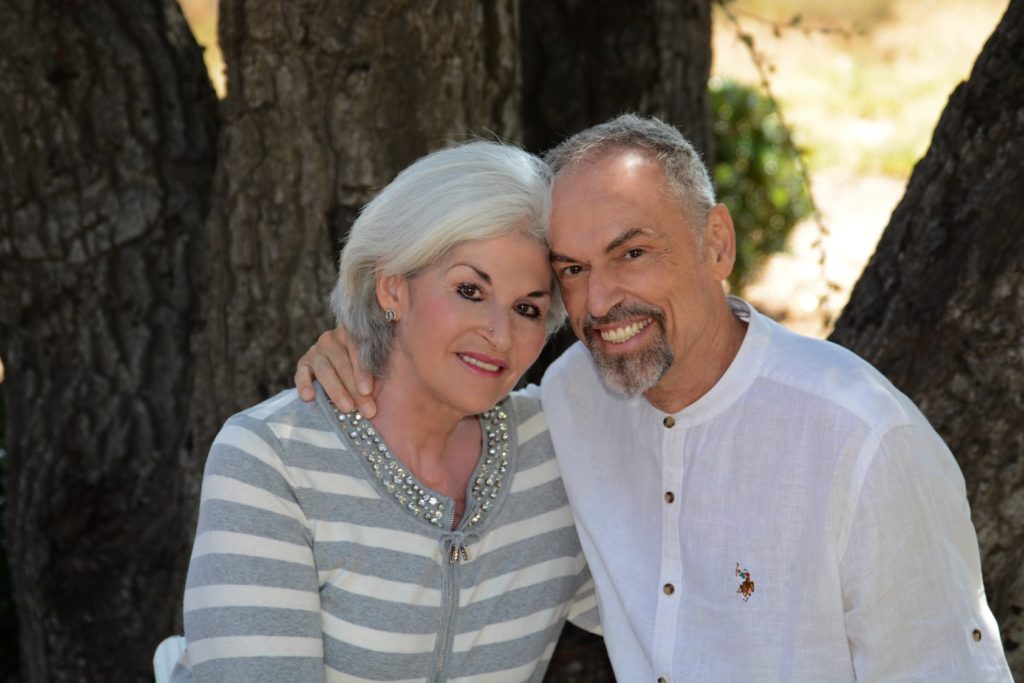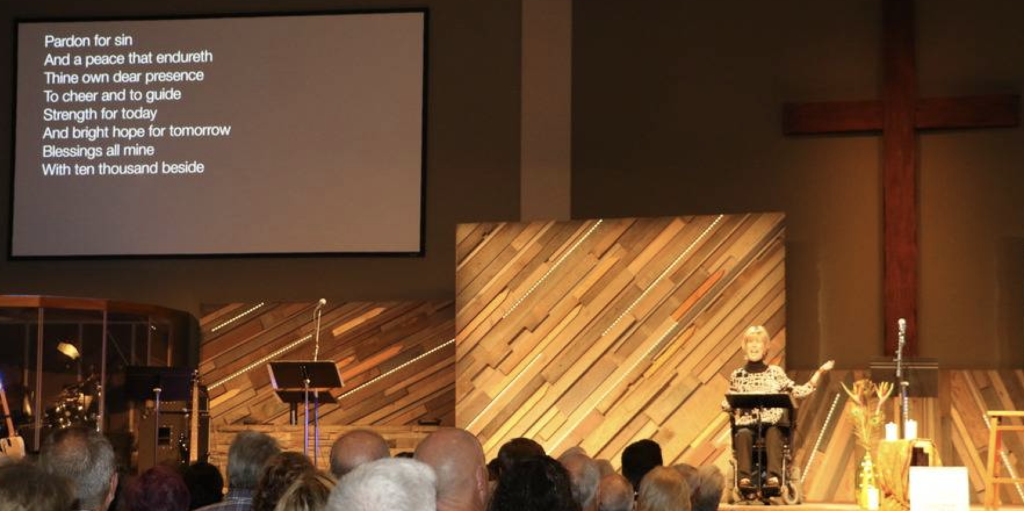I’ve always learned a great deal over the years from Ed Stetzer. Ed holds the Billy Graham Distinguished Chair of Church, Mission, and Evangelism at Wheaton College. He also serves as Dean of the School of Mission, Ministry, and Leadership at Wheaton and is executive director of the Billy Graham Center.
As we move into this new year, here are five ways that Stetzer suggests can help all of us be more effective leaders (whether you are a leader in your church, your business or at home… these principles apply to all of these spheres).
Five Ways to Be a More Effective Leader in 2019
As another year begins, we all have resolutions of things we’d like to change or start. We make many promises to ourselves and sometimes others. One of the things I want to commit to is being a better leader in 2019.
As I’ve considered what this means, I want to share with you five ways I think all of us can be more effective and Christ-honoring as we begin our leadership service this year. I hope these will provide you some food for thought as you reflect on where God has you and who he has under your care.
First, make that hard decision.
For most of us, there are things that we’ve been knowing we should do and we haven’t done them, or maybe we’ve been putting off making the decision. One of the things I’ve learned is that good leaders tend to lean into pain in a way that makes them a better leader.
For a lot of people, their inability or avoidance of a painful decision causes a cascading effect. Maybe you don’t make the right decision so something else isn’t getting done well. Maybe there’s an opportunity cost. Maybe we will lose integrity as those around us watch and say, “Well, you’re just not making the hard calls.”
So not only can your inability to make hard decisions impact other people’s ability to see you as a leader, but not making hard decisions can also drag YOU down. There’s a freedom in being on the other side of a hard decision.
Second, stop doing some things.
Almost every person I know (including me) is spending too much time doing things that don’t have the maximum impact. This ‘maximum impact’ looks different to different people—only you will know what that looks like for you as a leader. Sometimes this actually means less ‘bigness’ and more one-on-one time with people.
I’ve actually been thinking about that in a few areas of my own life. My dad is getting older and I am asking myself how I can spend more time with him.
But I have to stop doing something so I can have the freedom to do something else.
We all want to say “yes” to everything that comes our way. We want to meet with everyone who asks and respond quickly and kindly to all who email or call. But it’s simply not possible. My carte blanche yes is ineffective and harmful to what God has called me to do. I think that’s true for all of us.
I understand saying no is hard, particularly in Christian ministry. But your no could be the best decision you make in 2019.
Third, invest in younger leaders.
If you make the hard decision you didn’t make and stop doing some things, you can then have the time to invest in some younger leaders.
As I consider my own 2018, I’ve been frustrated.
I haven’t had time to invest in many leaders, young or old. I’ve decided to make some hard decisions and stop doing some things so I can have more time to invest in them. I’ve got good leaders and I need to invest in them and develop them so that they can be the leaders that God has called them to be. This requires me to say no and to have a plan for how to strategically step into mentoring and investing in the many leaders under my care.
Fourth, decide to last.
This is legacy. It’s having the long view in mind. I had a friend who challenged me on this, asking, “How are you deciding to last as a leader? How is Ed Stetzer going to be here in 10 or 20 years?”
The new year is a good time to commit to (1) taking care of yourself so that you can be a more effective leader and (2) do the things that will live on for years to come.
For me, part of my ‘lasting’ has to do with some physical things. I’ve got to take better care of myself physically and spiritually so that I can still be ministering and leading in 10 or 20 years.
Finally, be a better learner.
Keep learning—and re-learning.
Commit to reading books and watching videos that will help you be a more effective leader, friend, and servant in this world. All of us must acknowledge that what we know is only a drop in the bucket of all the knowledge in the world. No matter if you are 25 or 85, there is still much to know.
As we all live into these five tips, I believe God will do much in and through us in 2019.
Ed Stetzer holds the Billy Graham Distinguished Chair of Church, Mission, and Evangelism at Wheaton College, serves as Dean of the School of Mission, Ministry, and Leadership at Wheaton College, is executive director of the Billy Graham Center, and publishes church leadership resources through Mission Group.









 The shame and sense of powerlessness that had stoked his hate and misery had vanished. His relationship with Cynthia “was renewed and deepened. They were blissful together.”
The shame and sense of powerlessness that had stoked his hate and misery had vanished. His relationship with Cynthia “was renewed and deepened. They were blissful together.”
